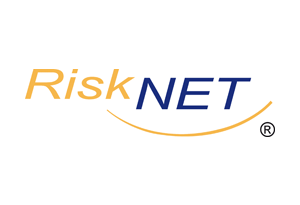Risk workshops are a collaborative and structured effort to identify and analyze potential risks that an organization may face. A risk workshop brings together stakeholders, subject-matter experts, and other relevant individuals to identify potential risks, assess their likelihood and impact, and develop strategies to mitigate or manage them. Risk workshops help to identify and address potential threats to an organization, ultimately improving decision-making and minimizing the likelihood and impact of adverse outcomes.
The right approach to organize discussions is crucial to a successful risk workshop. A well-designed discussion process can facilitate collaboration, encourage participation, and make use of the available information to improve decision-making. However, studying actual risk workshops is challenging for researchers. Usually, no objectively correct benchmark risk assessment is available as a measure of effectiveness for discussion process in the risk workshop. We employ computer simulations of risk workshops to overcome this challenge. Using an agent-based model to simulate discussions and Bayesian networks to model the agents’ cognition regarding risks, we can look into the heads of our simulated participants at any stage of the discussion, allowing us to measure and understand the impact of process changes on the effectiveness of risk workshops. Our objective is to identify guidelines that workshop facilitators can follow to enhance the effectiveness of their workshops.
One of our main findings is that the decisions of the moderator of the risk workshops, like the composition of the group and the rules of engagement during the group discussion, impact the risk assessment made by the group. Even when following established best practices for moderating group work, like enabling the participants to discuss as equals (overcoming any differences in the hierarchy between the participants), the moderator can usually only improve the assessment of (actual) high risks or (actual) low risks, but not both. Thus, the facilitator must reflect on the organization’s priorities in risk assessment effectiveness and design the risk workshop process accordingly. The paper and model have been published as open access and are available for free.
Clemens Harten, Matthias Meyer & Lucia Bellora-Bienengräber (2022): Talking about the likelihood of risks: an agent-based simulation of discussion processes in risk workshops, Journal of Accounting & Organizational Change, 18:1, 153-173.
Download the full article




